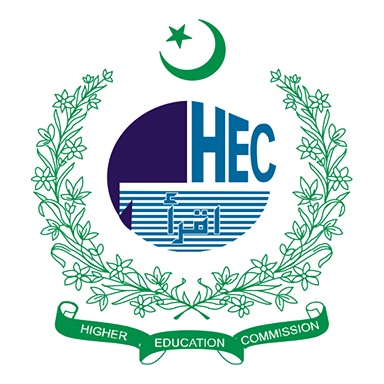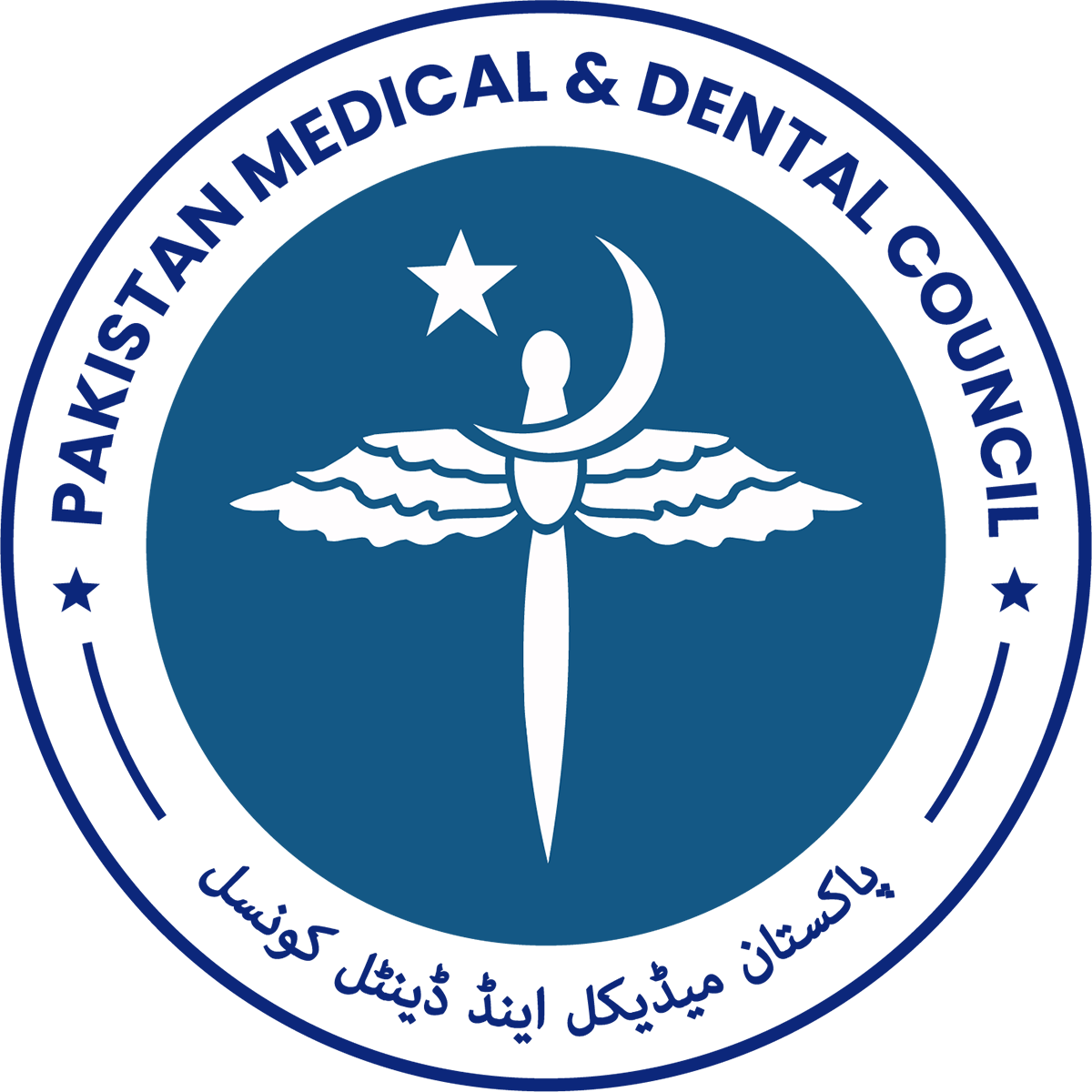Submit Your Articles Click Here
Plagiarism Policy
- Plagiarism is not acceptable to Anaesthesia, Pain & Intensive Care. Every submission will be checked for copy-paste or similarity with published sources using Turnitin® software.
- As per the Higher Education Commission (HEC) policy, the overall Similarity Index must be below 19%, and similarity from a single source must be below 5%.
- A manuscript extracted by the author from his/her FCPS, M.Phil., or Ph.D. thesis must be accompanied by a declaration including the title of the thesis, supervisor’s name, department and university name, and year of submission, duly signed by both the author and the supervisor.
- Plagiarism, data fabrication, and image manipulation are strictly prohibited.
- Plagiarism includes copying text, ideas, images, or data from another source—including your own previously published work—without giving proper credit to the original source.
- Any reused text copied from another source must be enclosed in quotation marks and the original source must be cited. If the design of a study, structure of the manuscript, or language has been inspired by previous works, those works must be explicitly cited.
- If plagiarism is detected during the peer review process, the manuscript may be rejected. If plagiarism is detected or reported after publication, a correction may be issued, or the paper may be retracted.
- Image files must not be manipulated or adjusted in any way that could lead to misinterpretation of the original information.
- Irregular image manipulation includes:
- Introducing, enhancing, moving, or removing features from the original image
- Grouping images that should clearly be presented separately (e.g., from different parts of the same gel or from different gels)
- Modifying contrast, brightness, or color balance to obscure, eliminate, or enhance certain information.
- If irregular image manipulation is identified and confirmed during the peer review process, the manuscript may be rejected. If detected after publication, the journal may issue a correction or retract the paper.
- All matters related to plagiarism reported after publication will be investigated by the journal’s ethical committee, which may decide to send the paper back to the authors for correction and republication or retract it entirely.
The decisions of the journal’s ethical committee will be final and cannot be challenged in any court of law.















